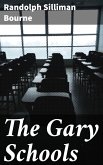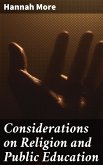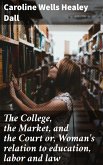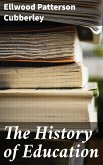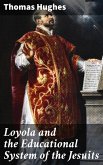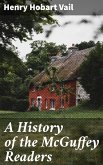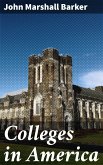In "Insula Sanctorum et Doctorum; Or, Ireland's Ancient Schools and Scholars," John Healy offers a meticulous examination of Ireland'Äôs rich educational heritage during the early medieval period. Healy delves into an era often romanticized yet frequently overlooked, utilizing a combination of historical analysis, literary critique, and anecdotal evidence to illuminate the pivotal role of monastic schools in the preservation and dissemination of knowledge. The text's elegant prose and methodical structure reflect Healy'Äôs passion for historical scholarship, as he intertwines narratives of renowned scholars with detailed descriptions of ancient curricula and pedagogical practices, situating Ireland within the broader tapestry of European intellectual history. John Healy, an Irish educator and historian, draws from his deep understanding of both the ecclesiastical and cultural landscapes of early medieval Ireland. His scholarly journey was undoubtedly influenced by his own experiences in the Irish educational system and his desire to reclaim the historical significance of Ireland'Äôs contributions to global scholarship. Healy's background in literature and history equips him to approach his subject with both reverence and rigor, leading to a compelling narrative that serves to elevate the legacy of ancient Ireland. This book is highly recommended for historians, educators, and anyone intrigued by the foundations of Western education. Healy's work not only sheds light on an often-neglected subject but also inspires readers to appreciate the historical significance of ancient Irish scholarship. Through this engaging exploration, readers gain valuable insights into the enduring impact of Ireland'Äôs scholarly traditions.
Dieser Download kann aus rechtlichen Gründen nur mit Rechnungsadresse in A, B, BG, CY, CZ, D, DK, EW, E, FIN, F, GR, H, IRL, I, LT, L, LR, M, NL, PL, P, R, S, SLO, SK ausgeliefert werden.



